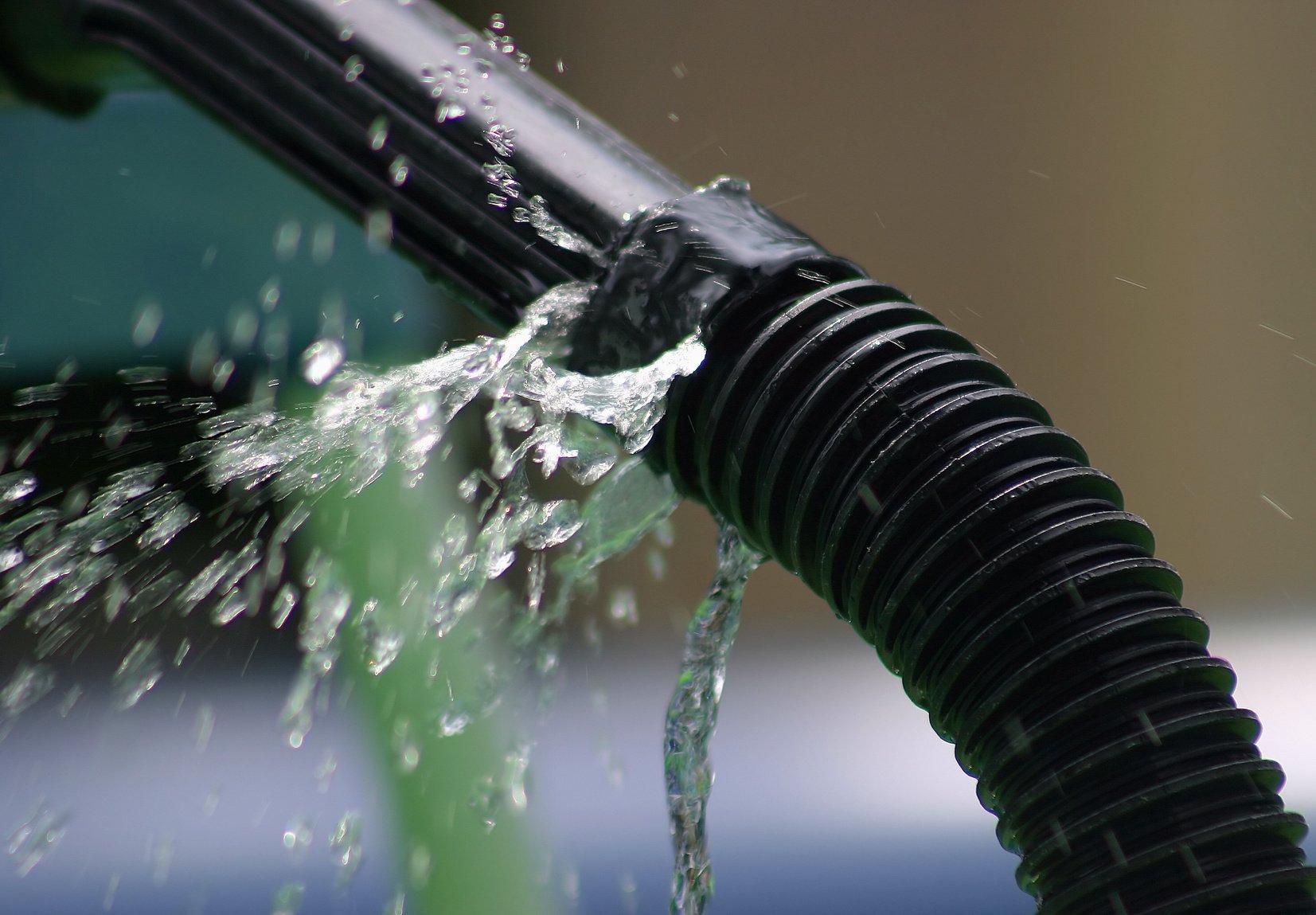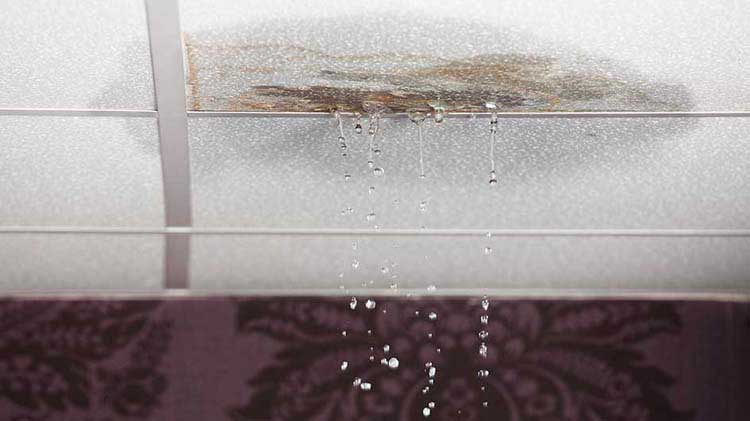We've come across this post relating to How to detect water leaks in your home listed below on the net and figured it made sense to write about it with you on this page.

Leaks not only cause waste of water but can additionally create unneeded damages to your house as well as promote undesirable organic development. Water leakages may go undetected because many of the pipework in our residence is concealed. By looking and recognizing for daily scenarios that trigger leaks, you can protect your residence from future leakages and unnecessary damage. Today, we will certainly check out six leakage creates that may be triggering your pipes to drip.
Encroaching origins
The majority of water leaks start outside the home instead than inside it. You might discover damp spots or sinkholes in your yard, as well as that may suggest that tree roots are getting into water lines creating water to permeate out.
Corroded water systems
This might be the cause of discoloration or warping on your water pipes. If our plumbing system is old, think about replacing the pipelines considering that they are at a greater threat of corrosion than the newer models.
Defective Pipe Joints
The point at which your pipelines attach is regularly the weakest web link in the waterline. Pipeline joints can degrade gradually, causing water leaks. Sadly, the majority of pipe joints are not quickly noticeable. If you have loud pipelines that make ticking or banging sounds, particularly when the hot water is turned on, your pipe joints are probably under a lot of stress. It is suggested to have your plumber evaluate your system once a year.
Instant temperature level adjustments.
Severe temperature level modifications in our pipes can create them to broaden and get unexpectedly. This development and also tightening may create splits in the pipes, specifically if the temperature are below cold.
Poor Water Connectors
At times, a leakage can be caused by loose tubes as well as pipelines that provide your appliances. More often than not, moving is what causes the loose water Links. You might discover in the case of a cleaning machine, a pipe may spring a leak as a result of shaking throughout the spin cycle. In case of a water connections leakage, you might discover water running straight from the supply line or pools around your appliances.
Obstructed Drains
Obstructed drains might be frustrating and also inconveniencing, but they can in some cases wind up creating an overflow leading to break pipes. Keep eliminating any kind of materials that may decrease your drains pipes that can clog them to prevent such aggravations.
All the above are reasons for leaks yet not all water leaks result from plumbing leakages; some leaks might originate from roofing leakages. All leaks ought to be repaired instantly to prevent water damages.
Leakages not just create waste of water but can also create unnecessary damage to your home and promote unwanted organic growth. By recognizing and looking for everyday situations that cause leaks, you can safeguard your residence from future leaks and unneeded damage. Today, we will look at six leak causes that might be triggering your pipes to leak.
At times, a leak can be caused by loose hoses and pipes that supply your home appliances. In situation of a water links leak, you might discover water running directly from the supply line or puddles around your appliances.
How To Check For Water Leak In Your Home
How To Check for Leaks
The average household's leaks can account for nearly 10,000 gallons of water wasted every year and ten percent of homes have leaks that waste 90 gallons or more per day. Common types of leaks found in the home are worn toilet flappers, dripping faucets, and other leaking valves. These types of leaks are often easy to fix, requiring only a few tools and hardware that can pay for themselves in water savings. Fixing easily corrected household water leaks can save homeowners about 10 percent on their water bills.
To check for leaks in your home, you first need to determine whether you're wasting water and then identify the source of the leak. Here are some tips for finding leaks:
Take a look at your water usage during a colder month, such as January or February. If a family of four exceeds 12,000 gallons per month, there are serious leaks.
Check your water meter before and after a two-hour period when no water is being used. If the meter changes at all, you probably have a leak.
Identify toilet leaks by placing a drop of food coloring in the toilet tank. If any color shows up in the bowl after 10 minutes, you have a leak. (Be sure to flush immediately after the experiment to avoid staining the tank.)
Examine faucet gaskets and pipe fittings for any water on the outside of the pipe to check for surface leaks.
Undetected water leaks can happen without the home or business owner even realizing. If you suspect a water leak, but not able to find the source. It is time to contact a professional water leak detection service, The Leak Doctor.
How To Find a Water Leak In Your Home
https://www.leakdoctor.com/blog/How-To-Check-For-Water-Leak-In-Your-Home_AE197.html

We were introduced to that write-up about Top Causes of Home Water Leaks through a friend on a different site. Loved our piece of writing? Please share it. Help others check it out. We value reading our article about How to Find Water Leaks.
Get A Free Estimate